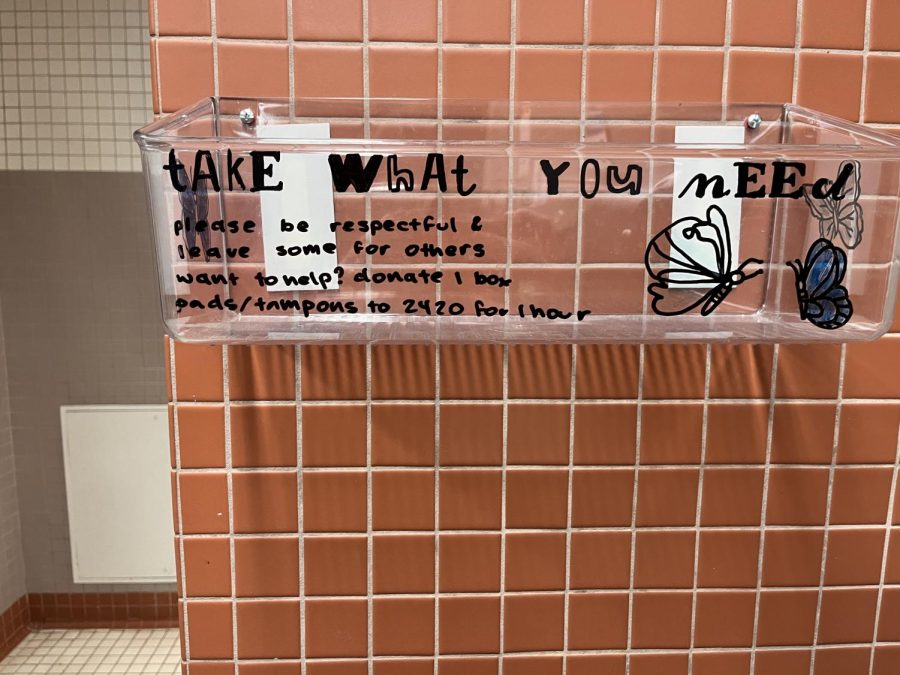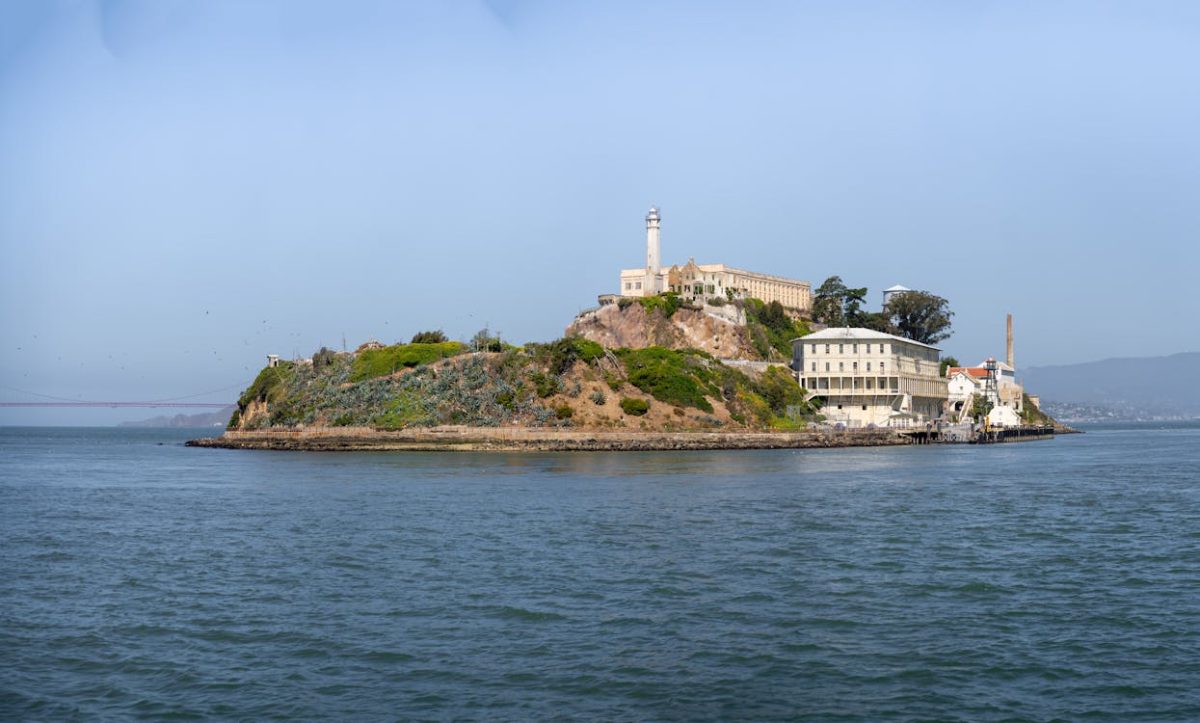As the new year begins, so will the new government administration at both federal and state levels. What will this mean for environmental policies moving forward? It’s essential to first look at the changes on each level to understand the differences we may see in North Carolina.
At the national level, the most obvious change is in the Executive branch. Most are aware that Donald Trump is a climate change denier. According to the New York Times, he received substantial donations throughout his campaign from large oil and gas companies and has been vocal about increasing US oil production for “oil independence,” famously saying, “Drill, baby, drill” during his 2025 inaugural address. Trump has already withdrawn from the Paris Agreement, an international effort to cut greenhouse gas emissions (GHGs), and rolled back GHG regulations. While he has not officially outlined any concrete plans regarding environmental issues, it is safe to assume any efforts from the executive front will be to deregulate clean air and water standards and ramp up efforts negatively contributing to climate warming.
Because Republicans continue to hold the majority in Congress, Trump’s agenda will be easier to pass. Although data has yet to be collected on the newly elected Congress, the last several Congressional bodies had a rate of roughly one in four members being climate deniers. Despite this, Trump could still face some roadblocks. The 2022 Inflation Reduction Act is one example. This landmark legislation has allotted billions toward clean energy investments, and while many Republican Congress representatives are attempting to roll back this legislation, it has remained popular among others. Most of the investments from this legislation have gone toward Republican-held areas, making the repeal of the act unpopular among much of the party. While parts of this legislation can certainly be restricted or repealed, the entire act will likely stay in place because of its growing popularity.
When it comes to national environmental policy, as Trump is a major antagonist to the cause, no positive progress on environmental issues is likely. This leaves much of the burden on individual states and municipalities. Many states are leading strong examples, such as California’s Prop 4 Initiative and Washington’s preservation of cap-and-trade, passed by voters this November. However, for the purposes of this article, state-level changes will be centered on North Carolina to localize the issue at hand.
Governor Josh Stein was elected governor over climate denier Mark Robinson. Stein previously served as North Carolina Attorney General, during which he won a lawsuit against Duke Energy over several pollution disputes. Although he is likely to receive pushback from the NC Legislature, he will benefit from the loss of supermajority by the opposing party. This will allow Stein to veto legislation, a power former governor Roy Cooper lost in his last term. Because of this, many expect state administration throughout the next four years to operate as it did during Cooper’s first term. Cooper faced a similar situation in a Republican-controlled Legislature that did not have a supermajority; he primarily worked a defensive role against environmental deregulation. Republican lawmakers tend to favor a low state budget over environmental issues, leading to division between the two parties.
Even with Stein’s ability to veto legislation that is not in favor of environmental progress, he may face some issues. One way NC lawmakers have been able to push against environmental regulations, for instance, is through specific language within the state budget. The Hardison Amendment within this budget will limit any new environmental rules from being passed unless they have been approved by a federal agency. With more Supreme Court cases being decided in favor of removing protection for wetlands and waterways on the national level, Stein’s administration may face issues implementing environmental protection policies. Federal agencies encompass national environmental issues, and state challenges can often be much more regional. As federal agencies provide a less niche set of environmental rules, Stein will face even more challenges while handling specific regional cases in environmental policies.
No matter the situation at the state and federal level, environmental policies and protections often create the most change at the county and municipal level. While this can vary heavily based on the county, city, or town, citizens looking to become informed should start with researching local government policies in regards to the environment. Advisory councils are a great place to start when it comes to specific, local environmental progress. While only 11% of North Carolina municipalities have an environmental advisory board (EAB), many have something similar. Within Wake County, three prominent EABs include Apex, Raleigh and Cary. Becoming familiar with these boards, or even becoming a board member, is one of the best local opportunities for direct government involvement. If you’re displeased with a certain situation, calling your local town representative is another opportunity for involvement.
Within the Triangle, there is often something happening to help citizens raise awareness on environmental issues. Many local organizations share about these events. Even within Wake County municipalities, most will have many environmental volunteering opportunities each month.
On the Athens Drive level, the STEM academy focuses on many sustainable projects throughout each school year. From composting to sustainable gardens, the academy is constantly working towards a more sustainable school. As this is managed on a school level, and funded through donors, these activities are likely to continue as normal.
Above all, it’s important to not give up hope on the action being taken to face the climate crisis. There are many levels and branches of government administration that can create change within the system. Being knowledgeable about the system that creates these changes will help citizens on the path toward a more sustainable world, as many attempt to raise awareness at the local level.













